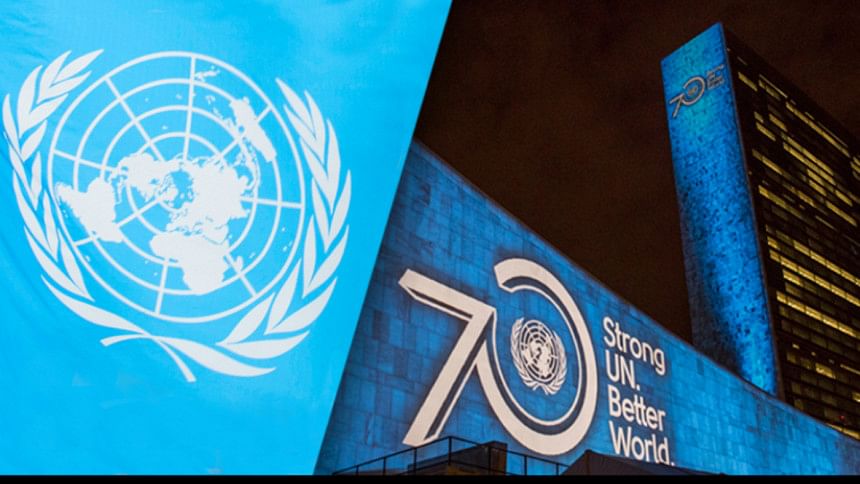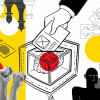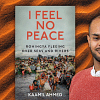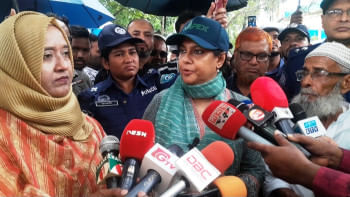UN offers to work on cutting polls violence

The UN has expressed willingness to work with the Election Commission to reduce the risk of electoral violence in the next parliamentary polls scheduled to be held late next year.
After receiving a report from its Needs Assessment Mission, the UN recently sent a five-point proposal to the EC for providing assistance.
According to an EC document, the UN's development arm UNDP will take up a project to provide technical assistance to the commission on voter registration, public outreach strategy, development and implementation of a conflict mitigation strategy, strengthening the commission's ability to promote inclusive participation and focusing on gender and other underrepresented groups.
Welcoming the move, former chief election commissioner ATM Shamsul Huda said, “Local community people in developed countries are involved in the process to avert any untoward situation. I think the Election Commission should welcome the UN proposals if those include plans to involve local community people in mitigating conflicts.”
He said violence might take place in any closely contested election. “So it will be better not to rely solely on the law enforcers to maintain law and order. The Election Commissioner should rather engage community people,” Huda told The Daily Star.
Election Commissioner Brig Gen (retd) Shahadat Hossain Chowdhury said in every election some polling centres are identified either as “important” or “very important”.
“With the UNDP's technical support, the Election Commission may adopt necessary technology to monitor the 'important' and 'very important' polling centres,” he told this correspondent yesterday.
The UNDP had several meetings with the EC, and the commission principally agreed on some of the aspects of the proposals, including upgrading the existing IT infrastructure of the commission, he added.
The Needs Assessment Mission team, led by Svetlana Galkina of the UN Department of Political Affairs, visited the EC and talked to election officials and political party representatives from July 24 to August 2.
The conflict mitigation strategy of the proposed project will contribute to building community resilience against electoral violence in districts most prone to violence. It will also help efforts to promote social cohesion, support the EC's capacity to monitor conflict prone areas and mitigate possible electoral violence.
The strategy will boost the EC's capacity to train its personnel and other election stakeholders during all phases of the electoral cycle.
The United Nations has been supporting the electoral process in Bangladesh since 1995. The implementation of the proposed project is likely to begin next year and would continue till middle or end of 2019.

 For all latest news, follow The Daily Star's Google News channel.
For all latest news, follow The Daily Star's Google News channel. 








Comments